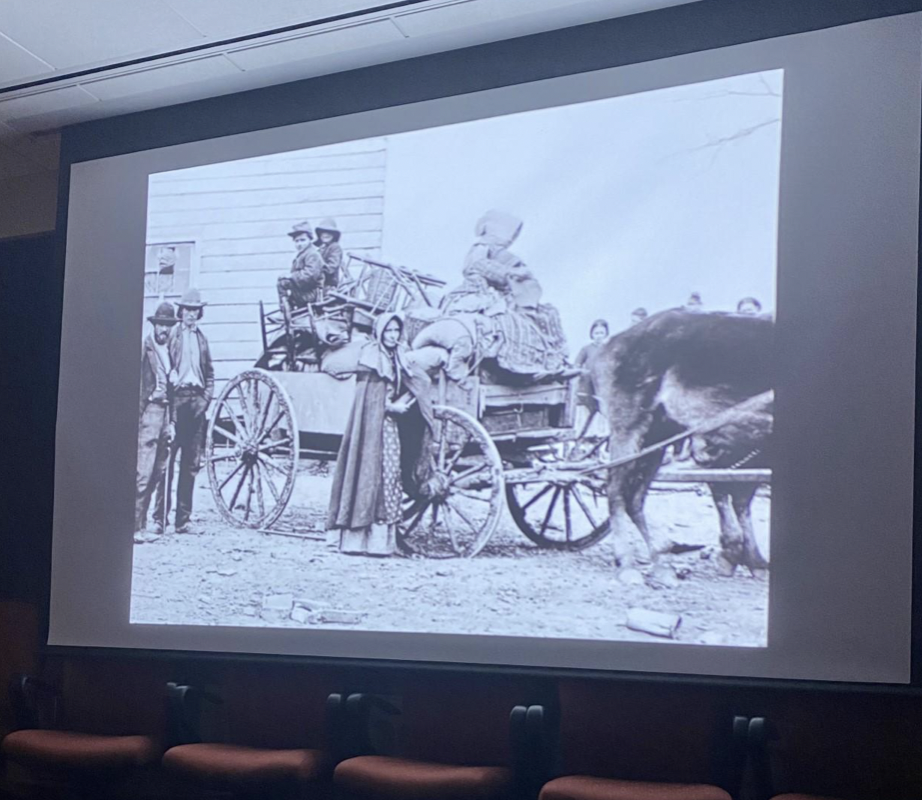On March 3, Sinclair hosted a free in-person viewing of the documentary “Hillbilly” by Sally Rubin and Ashley York. They examine the iconic hillbilly image in media and culture and give an accurate look at the living conditions of the Appalachian people.
Hillbilly was filmed in 2016 and contains multiple examinations of identity in Appalachia, including Affrilachian identity, queer identity, and the hillbilly identity. That helped the film win multiple awards, including the LA Film Festival’s Documentary of the Year.
The documentary was facilitated by Nora Stanger, Coordinator of Appalachian Outreach, at Sinclair College.
The film explores the evolution of the uneducated, hillbilly stereotype in media and culture, linking it with the corporate exploitation of Appalachian natural resources.
“A stereotype is a belief that everyone with a certain characteristic is similar in other ways,” Stanger said.
Both Rubin and York returned to their hometown and talked to their families about Appalachian culture. They wanted to show the true Appalachian people.
In the beginning, we learn that Kentucky’s two biggest employers are Walmart and the coal industry. Next, we meet a Walmart employee, Billy Redden, who is shown pushing shopping carts. Towards the end of the film, they reveal Redden played the blank-faced, banjo-playing teenager in the 1972 movie Deliverance. He was paid $500 for his part. It forever labeled him an example of a stereotypical redneck.
One person described how the movie “Deliverance” made people think negatively about their Appalachian culture.
York herself is an eastern Kentucky native living in Los Angeles. She experienced the effects of this stereotype early on as professors and students in her journalism classes at the University of Kentucky would often instruct her to “speak right,” meaning without her accent.
“Children were ridiculed in school because they spoke a different way. People would assume they are not smart in school,” said Stanger.
Coal mining companies have ravaged the landscape for decades, worsening floods and pollution, then pulled out of the region, leaving joblessness in their wake.
“Everyone has a love-hate relationship with their hometown,” York said.
The film also examines the experience of rural voters and seeks to expand our understanding of the region by featuring diverse communities in Appalachia.
The Appalachian Region consists of 13 states, from southern New York to northern Mississippi.
To see upcoming events for the Diversity Film Series, along with other events happening at Sinclair, visit the events calendar on Sinclair’s website.
Diane Sikora
Reporter and Social Media Coordinator
